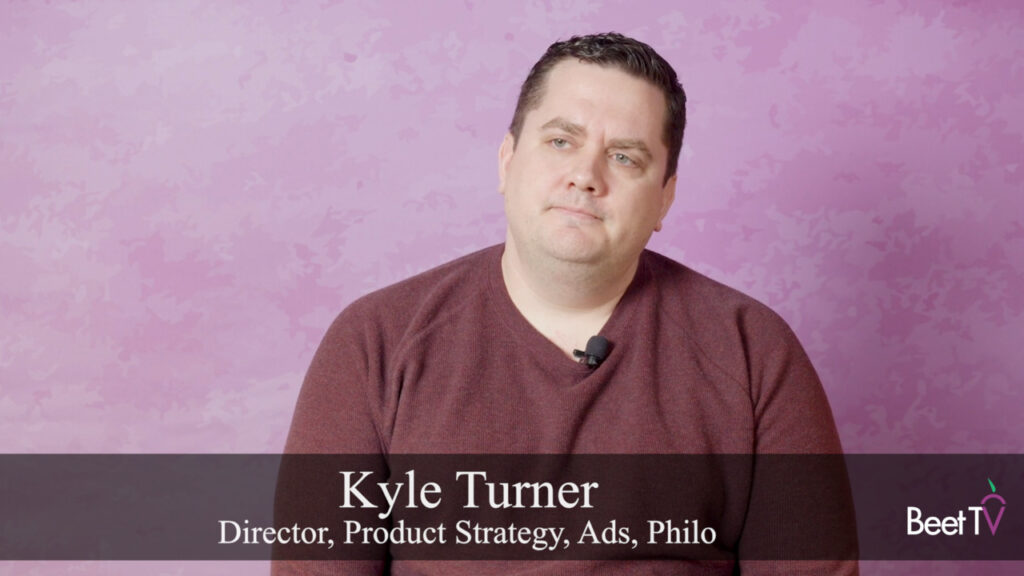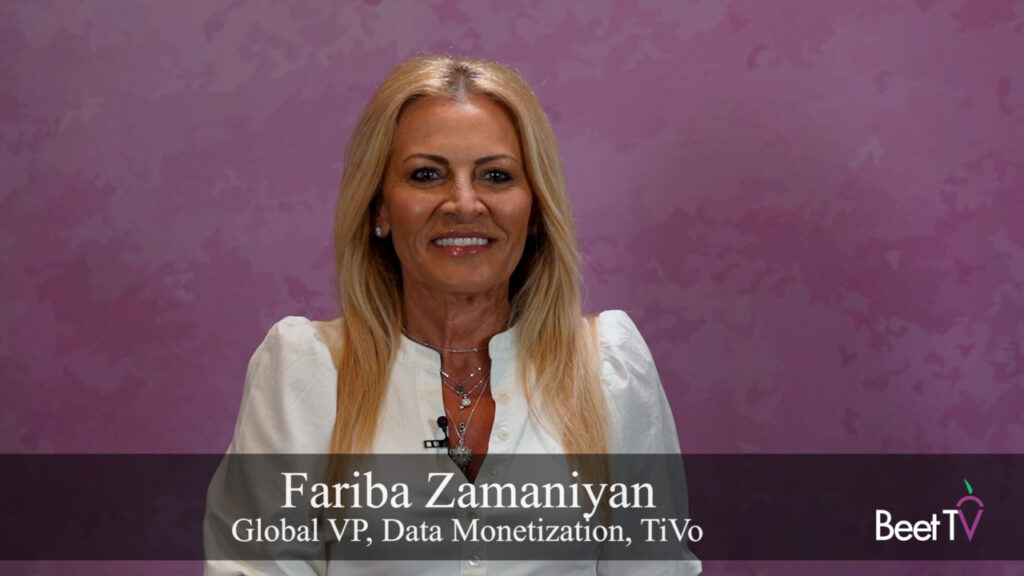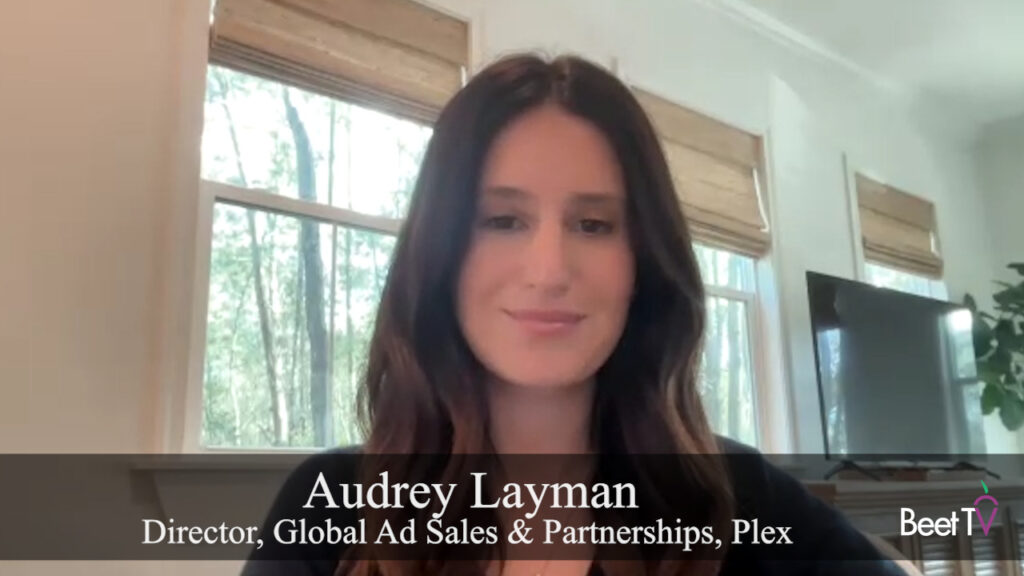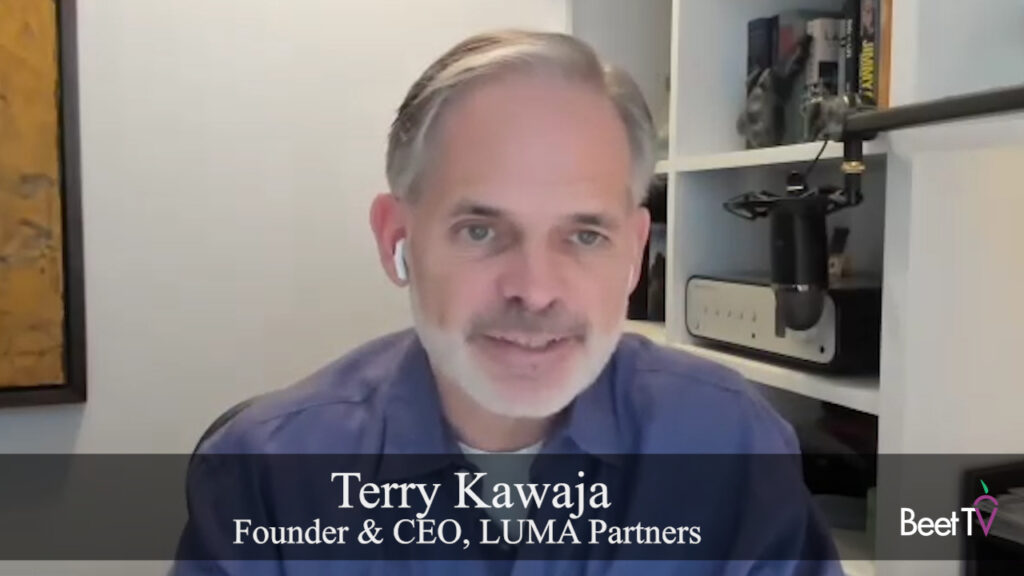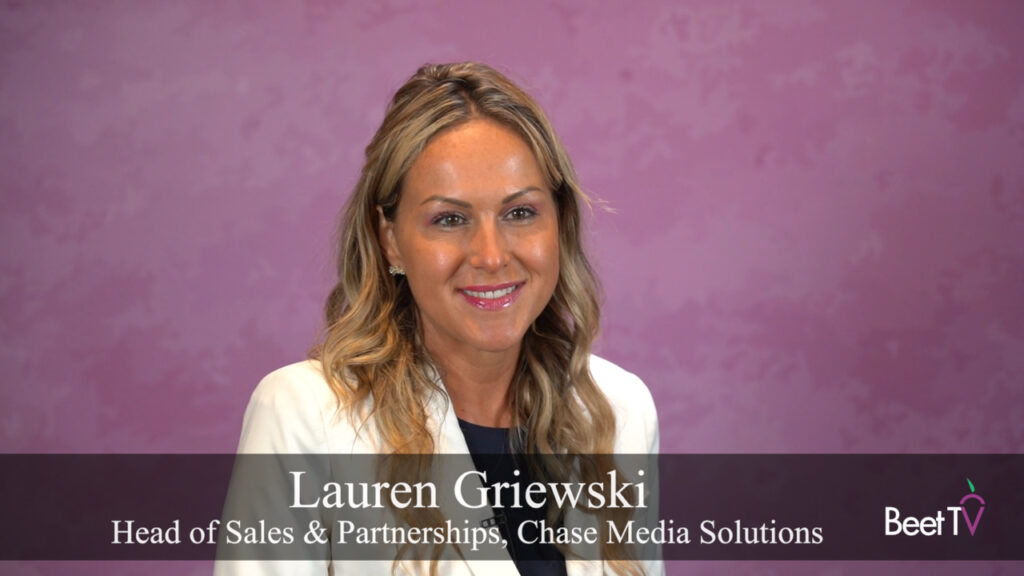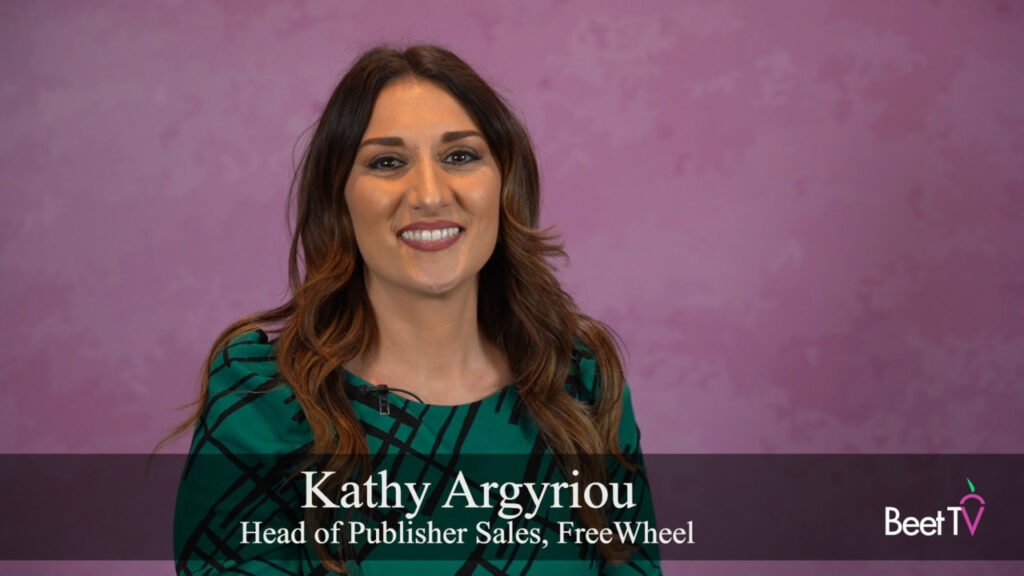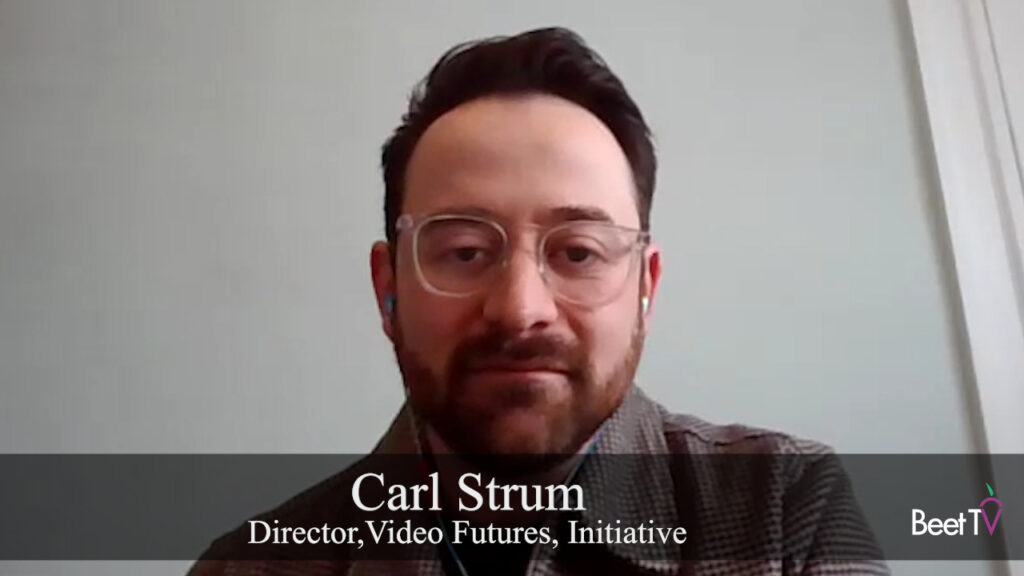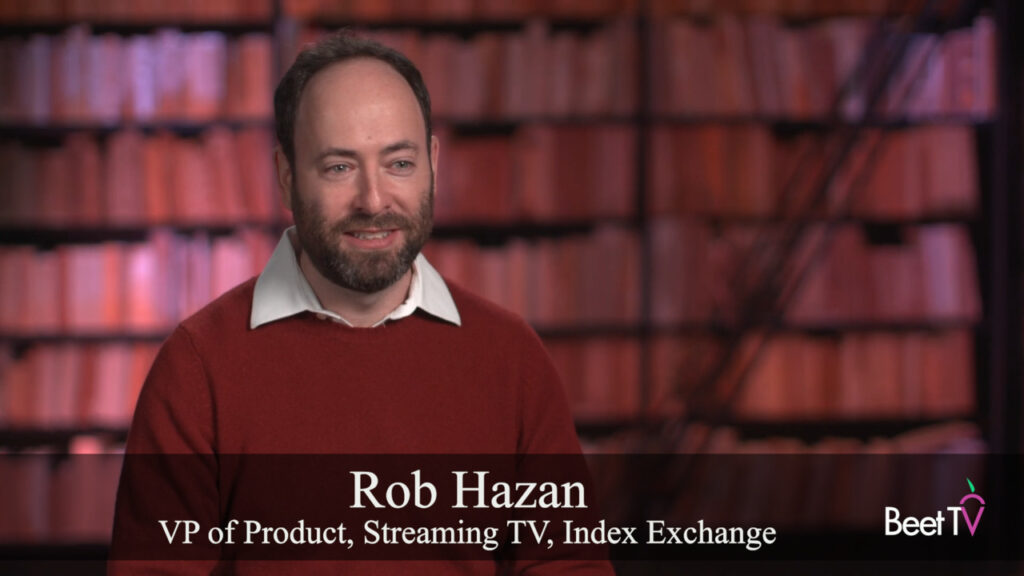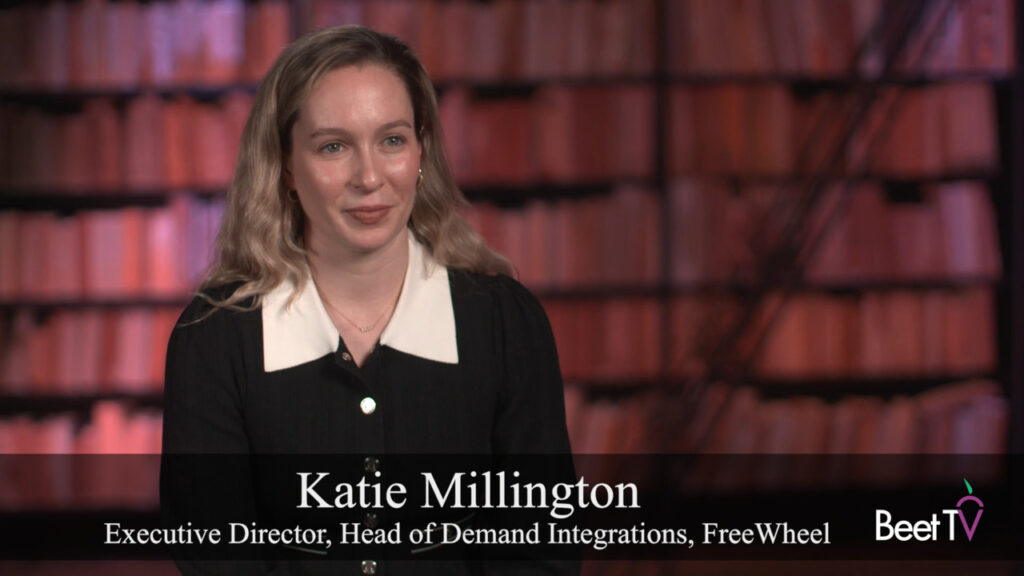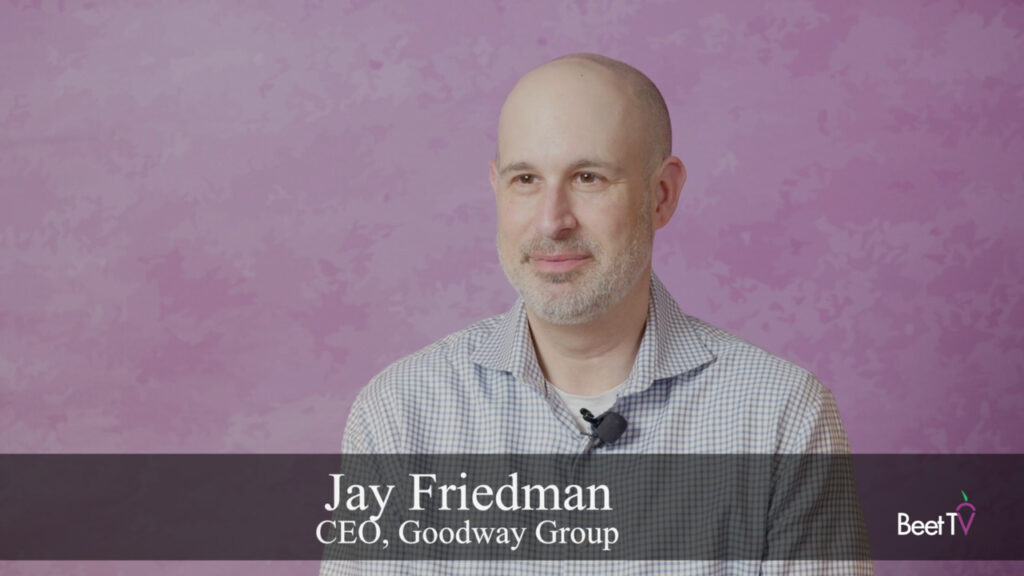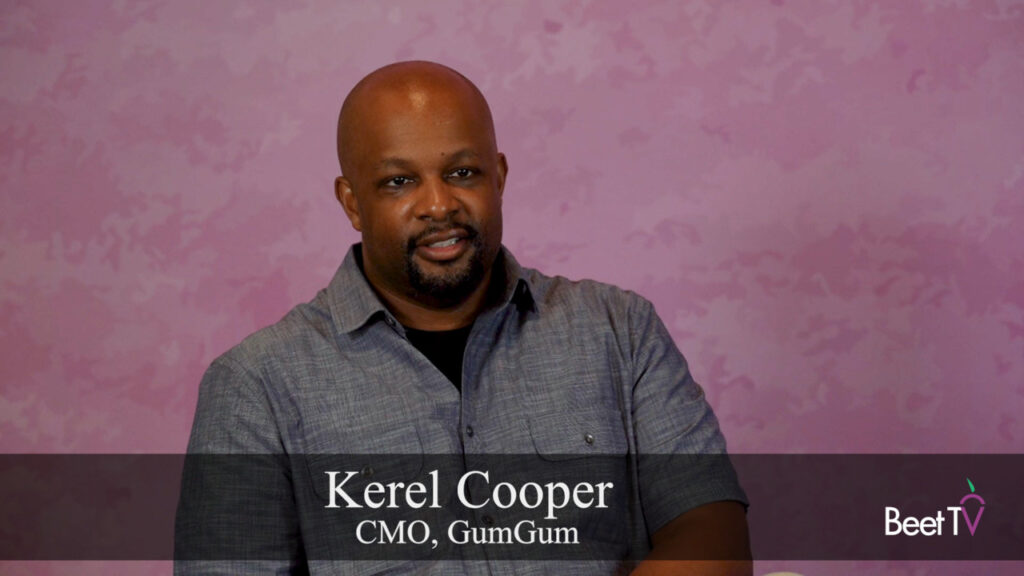These days, retailers are not just advertisers who try to reach consumers with messages for the products they sell.
In the new digital era, they are also the publisher from which products’ manufacturers buy those messages.
Over the last year or two, Target, Walmart and CVS have all launched their own media networks.
In this video interview with Beet.TV, pharmacy CVS’ chief marketing officer Norman de Greve explains how it works and who benefits.
Retailer becomes platform
“We have a huge loyalty program, over 70 million people use the ExtraCare card when you go into the CVS,” de Greve says.
“So we take that data and we can now not only use it for our marketing, but we’re helping CPGs target their marketing as well.
“A CPG is paying money to use my data for ads. And at the same time they’re selling the products in my stores. And so they have the whole closed loop of data, to what’s happening.”
Predictive targeting
When CVS ran artificial intelligence from IBM Watson on top of its loyalty program data to target ads more appropriately to its customers, it saw a 20% lift in results.
“Imagine I’ve got 20,000 (product) SKUs, I’ve got 70 million people, and I want to know which product at which offer level to which person at which moment,” de Greve says. “It’s a level of complexity that no human or basic math can really deal with.”
IBM makes localized predictive Flu insights data available to consumers via The Weather Channel App, and to marketers via Watson Advertising media & weather targeting products.
Normally, CVS would target flu shot ads based on what data says about the locations of known flu cases. But, by pre-empting an outbreak, “we can get our advertising into that locale before flu happens”, de Greve says.
Getting your annual flu vaccination at your local @cvspharmacy (like @Paigenielsen) helps protect yourself and boost immunity during the fall and winter months.
Schedule your flu shot digitally ➡️ https://t.co/SuxICGRsa9
— Washington Spirit (@WashSpirit) November 18, 2020
Identity is key
There is a growing recognition in the industry that retailers can add a valuable new revenue stream, diversifying from just selling products to selling advertising to the people who make the products.
But CVS’ de Greve says success depends on having a big volume of effective first-party data. It’s all about identity, he says:
- “Marketers need it to control frequency”.
- “Consumers want it because they want more relevant stuff”.
“The companies with strong first-party data, that’s just going to become a real strategic asset for them.
“You don’t want ads that have absolutely nothing to do for you. What we’re seeing is just the rise in power of those people that have good first party data.
.@ndegreve taking a turn on the CMO Podcast. One of the best people you’ll meet and a Digitas OG. https://t.co/j51oLOVYcA
— Jordan Bitterman (@JordanBitterman) December 30, 2020
Improving experience
The focus on the customer was underscored this month when CVS appointed its first chief customer officer.
De Greve says a poor-fitting ad-tech chain often means customers are exposed to a poor online ad experience.
“I don’t need to see the same retargeting ad that for a product I already bought again and again and again – it drives me nuts,” he says.
What’s the frequency?
Because of the “complexity of the value chain”, which he says needs to be simplified, marketers struggle to control the frequency with which consumers are exposed to ads, he says.
But top of de Greve’s wishlist is that the big online platforms would do something to fix that.
CVS Health To Hire 15,000 Pharmacy Workers As Seasonal Flu And Covid-19 Collide via @forbes https://t.co/5u0I7aqdGw
— Norman de Greve (@ndegreve) October 19, 2020
“You can’t really frequency-manage against across the walled gardens,” he complains.
“I’d like to be able to see how many impressions an individual has been served of a particular unit, regardless of what platform they’re on, just so I can know to stop serving impressions on any platform.
“The only reason I can think of why somebody won’t let you do that is because they think they’ll lose money if you can do that.”
You are watching “Break The Cycle: Making AdTech Better in 2021,” a Beet.TV leadership video series presented by IBM Watson Advertising. For more videos, please visit this page.

















